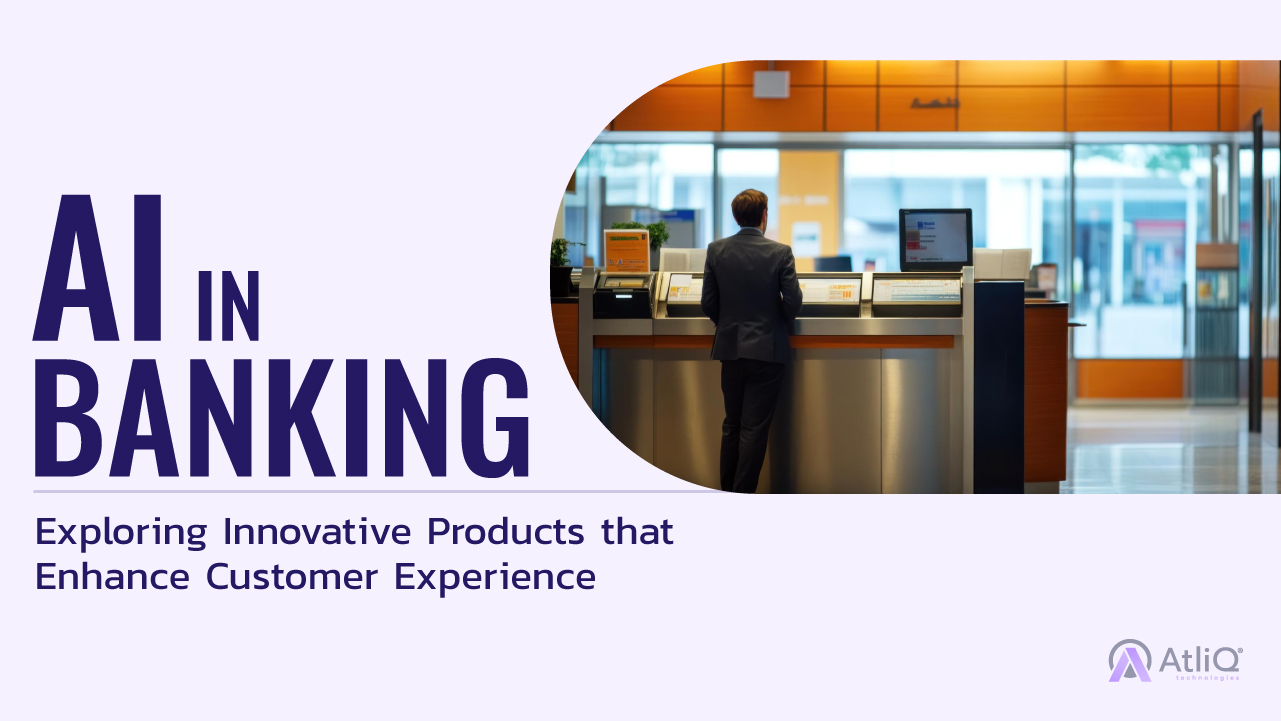
Did you know that a whopping 40% of employees report wasting at least an hour per day searching for information within their organization? In the fast-paced world of financial services, such inefficiencies can lead to missed opportunities, frustrated customers, and even regulatory non-compliance. The good news? There’s a solution.
Knowledge management solutions are revolutionizing how financial institutions capture, store, and share critical information. The financial services industry resembles a constantly evolving spiderweb. Regulatory changes erupt like new strands, product diversification expands the web’s reach, and technological advancements necessitate intricate connections. Globalization adds another layer of complexity, as institutions navigate international regulations and cultural nuances. Managing this intricate web of information is crucial for success in today’s financial landscape.
Challenges Faced by Financial Institutions in the Knowledge Age
The financial services industry thrives on information. But managing that information can be a daunting task in today’s ever-growing web of regulations, product offerings, and technological advancements. Here’s a closer look at some of the key challenges financial institutions face:
- Information Overload and Siloed Knowledge: Financial institutions juggle a massive amount of data – from complex regulations to intricate product details. Unfortunately, this information often resides in departmental silos, making it difficult for employees to find what they need. Imagine an advisor needing information on a new investment product – they might have to sift through internal emails, and outdated documents or call colleagues in different departments, wasting valuable time and creating frustration.
- Regulatory Tightrope Walk: The regulatory landscape is a constantly moving target. New rules and updates emerge frequently, requiring financial institutions to stay on top of them to ensure compliance. Missing a crucial update can lead to hefty fines and reputational damage. Keeping track of these ever-changing requirements becomes a significant burden, especially when information isn’t readily accessible.
- Inconsistent Customer Service: Inconsistent customer service can be a major turn-off for clients. Imagine a customer calling with a question about a new account feature, and the representative struggles to find the information. This not only frustrates the customer but also undermines trust in the institution. Lack of readily available information across departments hinders the ability to provide consistent, accurate, and efficient customer service.
- Employee Competence in a Changing Landscape: The financial services industry is constantly evolving, with new products and services hitting the market all the time. This rapid change necessitates a well-trained and adaptable workforce. However, ensuring employees have the necessary knowledge and skills to navigate these complexities can be challenging. Traditional training methods might not be enough to keep pace with the industry’s rapid evolution.
How Knowledge Management Solutions Can Untangle the Web: Empowering Financial Institutions
In today’s complex financial landscape, knowledge is not just power – it’s the key to survival. But managing that knowledge can feel like untangling a giant web. Thankfully, knowledge management solutions come to the rescue, offering a range of benefits to empower financial institutions.
- From Chaos to Clarity: Improved Information Organization and Access
Imagine a central library for all your financial institution’s critical information. Knowledge management solutions create just that – a centralized repository that houses:
-
- Policies and Procedures: No more scrambling through outdated manuals. Easily accessible policies and procedures ensure everyone is on the same page, leading to consistent decision-making and streamlined operations.
- Product Information: New investment options, loan structures, and insurance plans – all readily available with detailed information. This empowers employees to confidently advise clients and answer questions accurately.
- Industry Updates: Stay ahead of the curve with automated updates on regulatory changes. Knowledge management solutions can integrate with external sources to keep your institution informed and compliant.
- Search and Retrieval Made Easy: Gone are the days of endless document searches. Powerful search functionalities allow employees to find the information they need quickly and efficiently, saving valuable time and reducing frustration.
- Knowledge that Grows with Your Institution: Enhanced Employee Training and Development
Knowledge management solutions are not just about storing information – they’re about fostering a culture of continuous learning. Here’s how they empower employee development:
-
- Online Learning Modules: Interactive modules and training materials provide a convenient and standardized way for employees to acquire new knowledge and skills, keeping them up-to-date with evolving products and services.
- Collaboration Platforms: Break down departmental silos and foster knowledge sharing. Collaboration tools within the knowledge management system allow for peer-to-peer learning, where experienced employees can share their expertise with colleagues. This fosters a collaborative environment and leverages the collective intelligence of your workforce.
- Regulatory Compliance: A Safety Net for Success
Navigating the ever-changing regulatory landscape is a constant challenge. Knowledge management solutions offer a helping hand:
-
- Automated Regulatory Updates: Stay informed and compliant with automated alerts and notifications on new regulations. This ensures your institution remains on the right side of the law and avoids costly penalties.
- Standardized Processes: Implement standardized processes that ensure adherence to compliance requirements. Knowledge management systems can house compliance checklists and workflows, guiding employees through the necessary steps.
- Empowering Customer Service for a Winning Experience
Knowledge management solutions aren’t just for internal benefit – they can significantly enhance customer service:
-
- Customer Self-Service Knowledge Base: Empower your customers with a comprehensive self-service knowledge base. This allows them to find answers to frequently asked questions on their own time, reducing call volume and improving overall satisfaction.
- Real-Time Information at Your Fingertips: Equipping customer service representatives with real-time access to accurate information is crucial. Knowledge management systems provide them with the resources they need to answer customer inquiries confidently and efficiently, leading to a more positive customer experience.
By implementing knowledge management solutions, financial institutions can transform the way they operate. From improved information organization to empowered customer service, these solutions unlock the true potential of knowledge, paving the way for success in the ever-evolving financial landscape.
Reaping the Rewards: Benefits of Knowledge Management Solutions
The benefits of implementing knowledge management solutions in financial services extend far beyond simply organizing information. These solutions translate into tangible advantages that empower institutions to thrive in today’s competitive environment. Let’s explore some of the key benefits:
- Soaring Productivity and Efficiency: Knowledge management solutions eliminate the time-wasting hunt for information. With easy access to what they need, employees can focus on their core tasks, leading to a significant boost in productivity and overall efficiency. Imagine advisors spending less time searching and more time advising clients or representatives resolving customer inquiries with greater speed and accuracy.
- Happy Customers, Happy Business: Improved customer service satisfaction is a hallmark of successful knowledge management implementation. Empowered with readily available information, customer service representatives can provide accurate and timely answers to client questions, leading to a more positive customer experience. Additionally, self-service knowledge bases allow customers to find solutions on their own terms, further enhancing satisfaction.
- Trimming the Cost Tree: Knowledge management solutions can have a significant impact on operational costs. Reduced time spent searching for information translates to direct cost savings. Additionally, streamlined processes and improved regulatory compliance can help minimize errors and rework, leading to further cost reductions.
- Mitigating the Risk of Non-Compliance: Navigating the regulatory maze can be a costly endeavor. Knowledge management solutions act as a safety net by providing automated updates on regulatory changes and standardized processes for compliance. This proactive approach significantly reduces the risk of non-compliance and potential fines.
- Smarter Decisions, Better Outcomes: Knowledge management solutions empower better decision-making across the organization. Easy access to historical data, industry trends, and best practices allows employees to make informed decisions based on a more comprehensive understanding of the situation. This leads to improved outcomes, greater innovation, and a strategic advantage in the marketplace.
By implementing knowledge management solutions, financial institutions can unlock a treasure trove of benefits. Increased efficiency, happier customers, cost savings, and better decision-making – these are just some of the ways knowledge management empowers institutions to navigate the complexities of the financial landscape and achieve sustainable success.
The financial services industry thrives on knowledge, but managing that knowledge in today’s complex environment can be a challenge. Fortunately, knowledge management solutions offer a powerful remedy. By centralizing information, fostering collaboration, and empowering employees, these solutions transform the way financial institutions operate.
The benefits are undeniable – increased productivity, improved customer service, reduced costs, and enhanced decision-making capabilities. In essence, knowledge management solutions empower financial institutions to navigate the complexities of the modern world and achieve sustainable success.
As the financial landscape continues to evolve, so too will the role of knowledge management. The future holds exciting possibilities, with advancements in artificial intelligence and machine learning promising even more sophisticated ways to capture, analyze, and leverage institutional knowledge.
Ready to unlock the power of knowledge in your financial institution? Contact us!!


